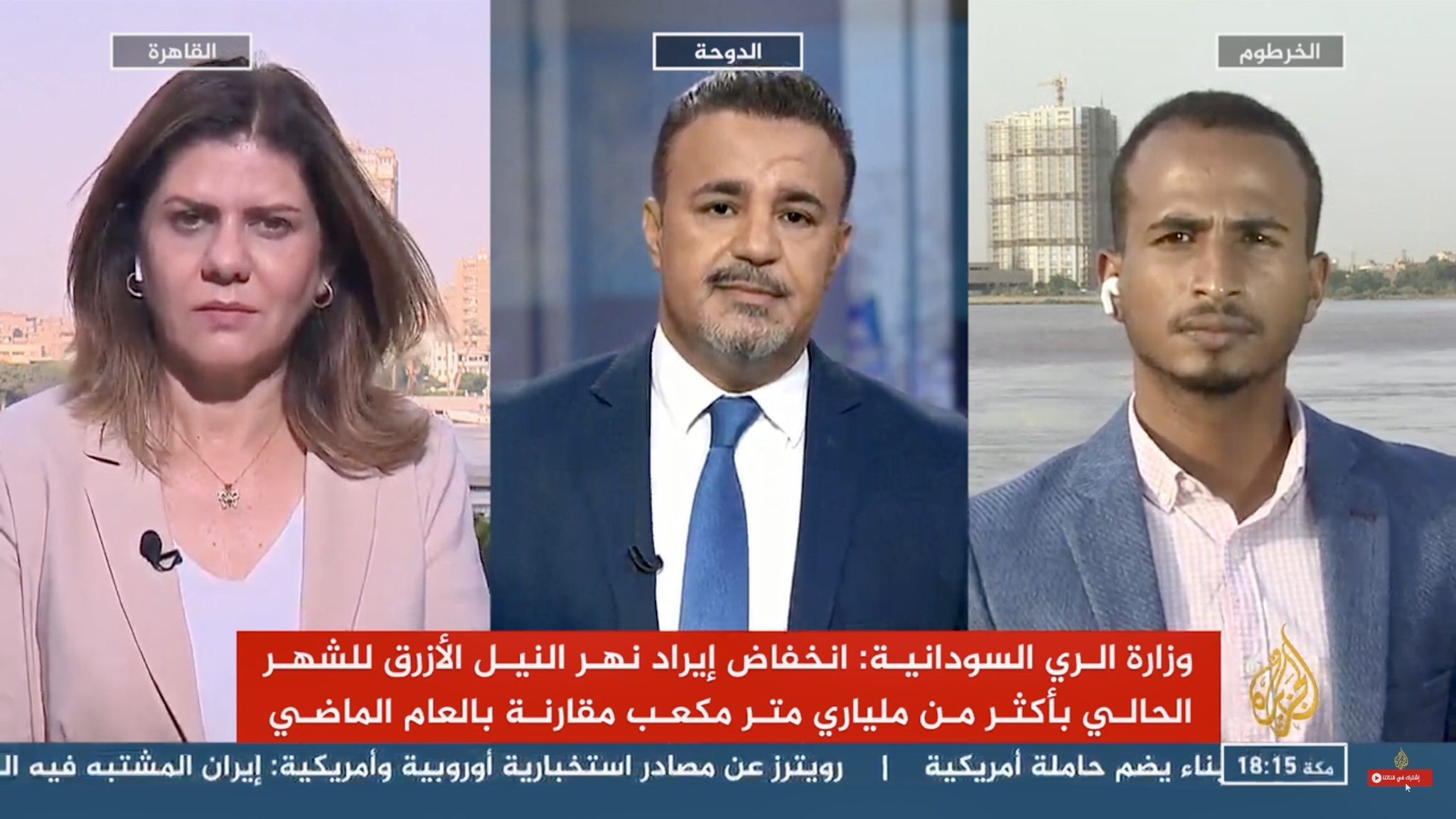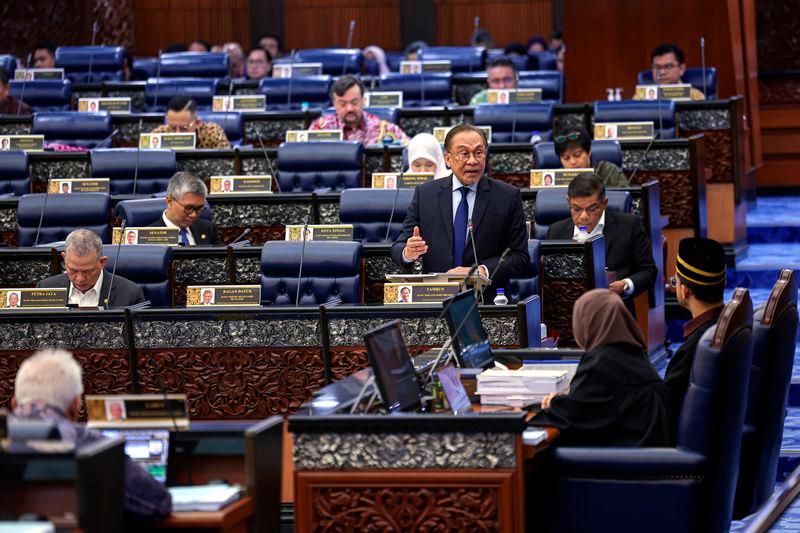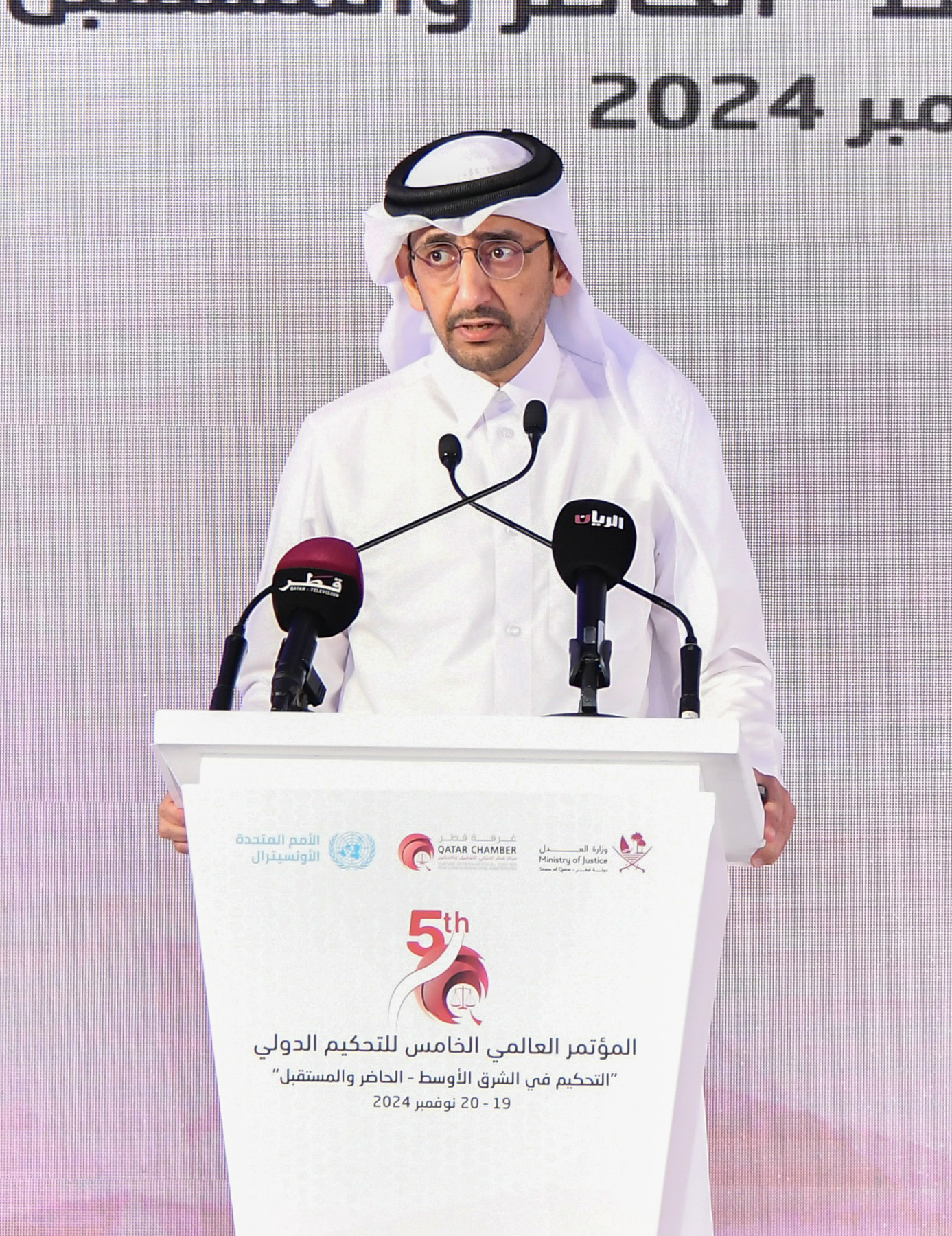Egypt ranks as one of the world’s biggest jailers of journalists, with mass crack down on press and activists under the Sisi regime.
Al Jazeera aired live from Cairo for the first time in eight years after it was shut down in 2013 per an Egyptian judicial decision made following a raid that saw the arrest of several journalists.
Prominent Palestinian reporter Shireen Abu Aqla reported live from Egypt on Saturday, in the latest step towards improving Qatar-Egypt ties since the two states reconciled in January.
The return of Qatar’s flagship broadcaster came as a surprise as there was no prior information released to the public regarding the resumption of operations in Egypt.
This also comes following the signing of the Al-Ula Declaration on 5 January which ended a three-year-long dispute between the Gulf state, Egypt, Saudi Arabia, Bahrain and the UAE.
Shortly after the quartet launched an illegal air, land and sea blockade on Qatar, the states released a joint list of 13 demands to Qatar that including the shuttering of Al Jazeera.
“The quartet’s most important requirement during [the blockade] in June 2017 was the closure of Al Jazeera, and now in July 2021 Al Jazeera is broadcasting from the heart Cairo,” tweeted Qatari media personality Abdullah Al Watheen.
https://twitter.com/abqatar/status/1421513668001419265?s=20
This also comes days after Qatar appointed its first ambassador to Egypt Salem bin Mubarak Al-Shafi.
Al Jazeera’s headquarters in Egypt were shut down in September 2013 amid political unrest that surfaced as President Abdel Fattah El-Sisi came into power. He launched a military coup that overthrew the country’s first democratically elected leader, Mohamed Morsi.
One of the world’s biggest jailers of journalists
At the time, the Doha-based broadcaster had provided live, in depth reporting on the ground since Egypt’s Arab Spring protests, triggering backlash by several regimes in the region.
Since then, the Egyptian regime has conducted mass arrests of journalists, with Al Jazeera’s staff regularly being targeted by security forces. Journalist Mahmoud Hussein was released this year after more than four years in detention without formal charges or trial.
Even before Hussein’s detainment, Al Jazeera’s Peter Greste, Mohamed Fahmy and Baher Mohamed were arrested in 2013, in a move that was broadcast live on Egyptian television in attempts to present them as members of a terrorist group.
All three were charged in 2014 with “broadcasting fake news”, “possessing broadcasting equipment without a permit”, and “aiding or belonging to the Muslim Brotherhood”. The Egyptian regime has declared the popular, peaceful group as a terrorist movement.
Greste was released in 2015 and the remaining journalists were released in 2020 under presidential pardon.
Arab nations among worst jailers of journalists in the world
The ongoing crackdown on journalists affiliated with the channel over the years has amplified concerns of the safety of the press in Egypt. Since 2013, there has been an alarming increase of raids and arrests in the country.
According to Reporters Without Borders [RSF], Egypt is one of the world’s biggest jailers of journalists, with many spending years in jail and solitary confinement without being formally charged or tried.
RSF says that more than 500 websites have been blocked since the summer of 2017, including news outlets, as others face arrest for expressing their opinions through social media.
The regime has left little breathing space for the press with the introduction of cyber-crime and media laws that grants the government the ability to imprison journalists and control the media.







